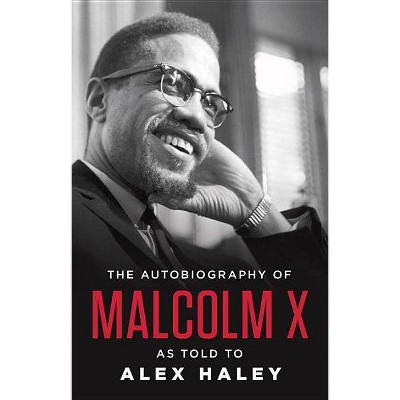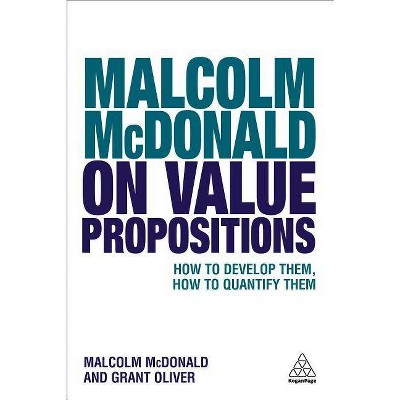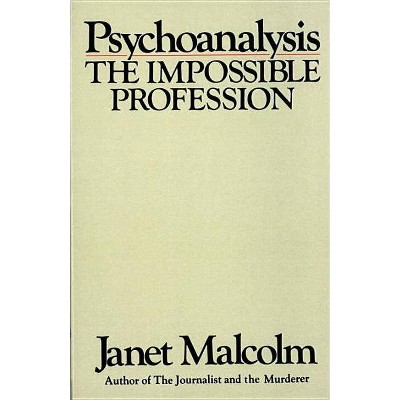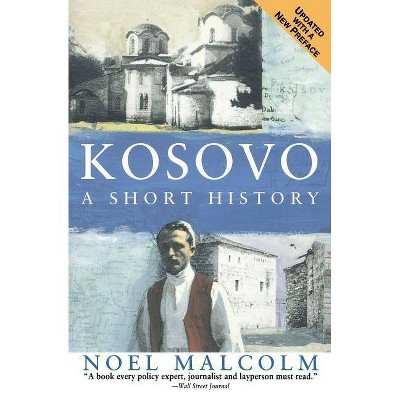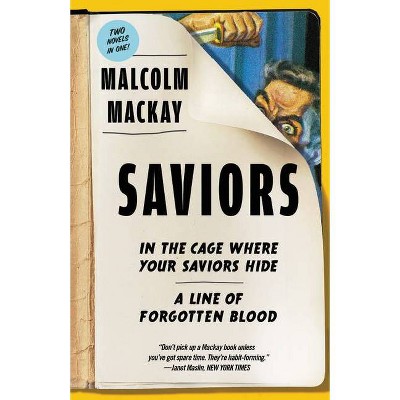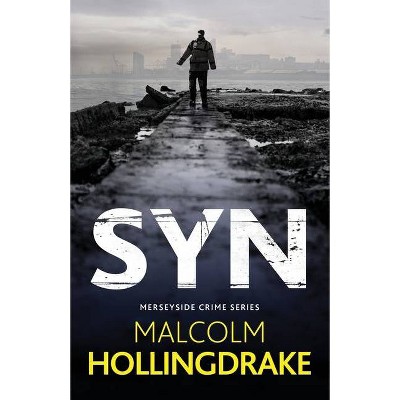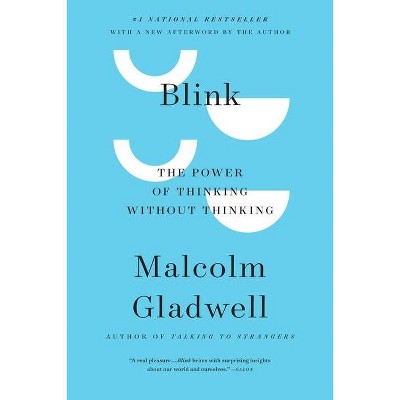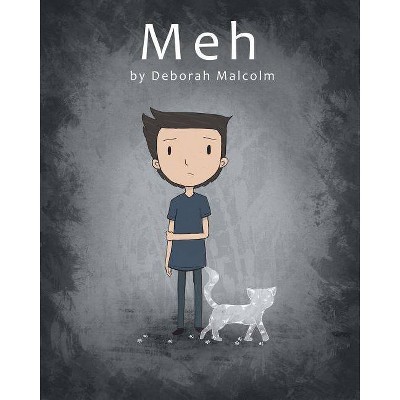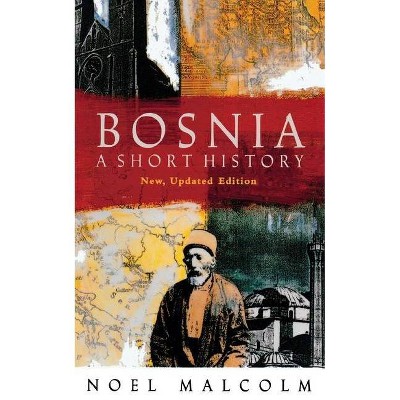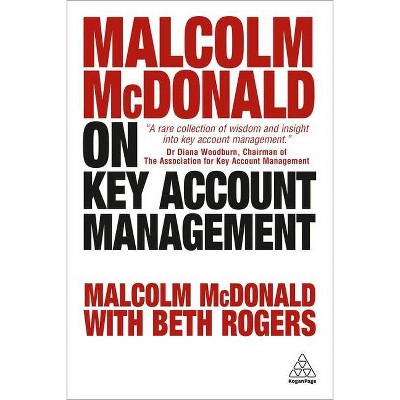1820 - by Malcolm Chase (Paperback)
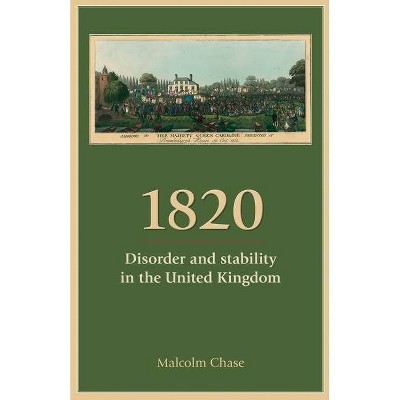
Similar Products
Products of same category from the store
AllProduct info
<p/><br></br><p><b> About the Book </b></p></br></br>Integrating in detail the experiences of both Britain and Ireland, 1820 provides a compelling narrative and analysis of the United Kingdom in a year of European revolution. It charts the events and forces that tested the government almost to its limits, and the processes and mechanisms through which order was maintained.<p/><br></br><p><b> Book Synopsis </b></p></br></br>1820 is about much more than a single year. Integrating in detail the experiences of both Britain and Ireland, Chase provides a compelling narrative and analysis of the United Kingdom in a year of European revolution. <p/>This fascinating study charts the events and forces that tested the government almost to its limits, and the processes and mechanisms through which order was maintained. Locating the Queen Caroline divorce crisis within a broader analysis of the challenges confronting the government, it places that<br>much-investigated episode in a new light. It illuminates both the pivotal Tory Ministry under Lord Liverpool and the Whigs (by turns febrile and feeble) who opposed it, and represents a major contribution to our understanding of popular radicalism and its political containment. <p/>This book will be required reading for everyone interested in late-Georgian and early nineteenth-century Britain or Ireland.<br><p/><br></br><p><b> From the Back Cover </b></p></br></br>1820 is about much more than a single year. Integrating in detail the experiences of both Britain and Ireland, Chase provides a compelling narrative and analysis of the United Kingdom in a year of European revolution. This fascinating study charts the events and forces that tested the government almost to its limits, and the processes and mechanisms through which order was maintained. Locating the Queen Caroline divorce crisis within a broader analysis of the challenges confronting the government, it places that much-investigated episode in a new light. It illuminates both the pivotal Tory Ministry under Lord Liverpool and the Whigs (by turns febrile and feeble) who opposed it, and represents a major contribution to our understanding of popular radicalism and its political containment. This book will be required reading for everyone interested in late-Georgian and early nineteenth-century Britain or Ireland.<p/><br></br><p><b> Review Quotes </b></p></br></br><br>A richly contextualised analytical account of a pivotal moment in British and Irish history and a complex but compelling narrative. The overall result is a rich tapestry that recovers the complexity of this tumultuous year and effortlessly brings together a number of themes. Perhaps the greatest strength of the volume lies in Chase's sheer range, which his restricted chronology allows him to develop to the full. There is assured command not only of individual national histories of England, Scotland, and Ireland and the connections among them but also of a range of disciplinary contexts. Chase is equally adventurous in the wide range of sources employed, which leads to especially engaging passages on, for example, the rich print and material culture associated with the Queen Caroline agitation., Gordon Pentland, University of Edinburgh, Journal of British Studies / Volume 53 / Issue 03, 31 July 2014The book is dominated by narrative rather than theory or analysis, but it is a compelling and rewardingly rich narrative. . . Chase's book is a valuable addition to historians' understanding of the relationship between international, national and local politics., Katrina Navickas, University of Hertfordshire, Northern History, LI:2, 1 September 2014All told, the book is a triumph. It helps to open up a moment in time that might otherwise be lost, highlighting what the author describes as 'a year of political dislocation unparalleled in peace time' (p. 2). It can be confidently recommended to students and even to the general reader--but will also repay the attention of historians who might otherwise overlook a revolution that never quite happened., William Whyte, St John's College, Oxford, The English Historical Review, 8 May 2015<br><p/><br></br><p><b> About the Author </b></p></br></br><br>Malcolm Chase is Professor of Social History at the University of Leeds<br>
Price History
Price Archive shows prices from various stores, lets you see history and find the cheapest. There is no actual sale on the website. For all support, inquiry and suggestion messages communication@pricearchive.us
